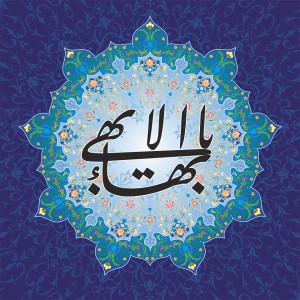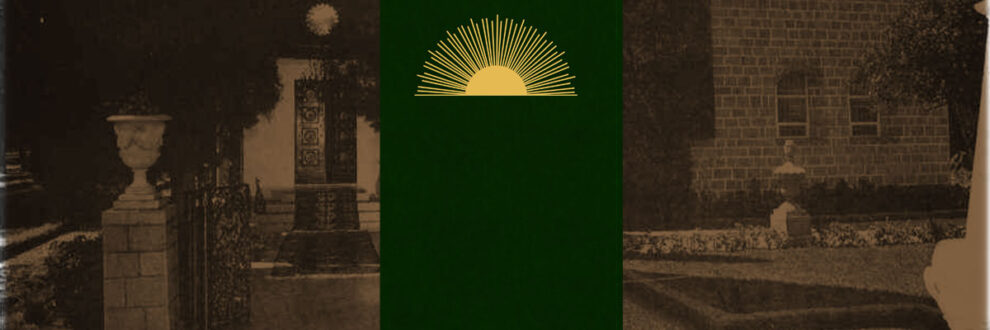 Siyyid Husayn-i-Turshizi, the fourth of the Seven Martyrs
Siyyid Husayn-i-Turshizi, the fourth of the Seven Martyrs
Born: Unknown
Death: February 1850
Place of Birth: Turshiz, a village in Khurasan, Iran
Location of Death: Tehran, Iran
Burial Location: No cemetery details
He had hardly expired when Siyyid Husayn-i-Turshizi, the mujtahid, was conducted in his turn to the block. He was a native of Turshiz, a village in Khurasan, and was highly esteemed for his piety and rectitude of conduct. He had studied for a number of years in Najaf, and was commissioned by his fellow-mujtahids to proceed to Khurasan and there propagate the principles he had been taught. When he arrived at Kazimayn he met Haji Muhammad-Taqiy-i-Kirmani, an old acquaintance of his, who ranked among the foremost merchants of Kirman, and who had opened a branch of his business in Khurasan. As he was on his way to Persia, he decided to accompany him. This Haji Muhammad-Taqi had been a close friend of Haji Mirza Siyyid ‘Ali, the Báb’s maternal uncle, through whom he had been converted to the Cause in the year 1264 A. H., while informed preparing to leave Shiraz on a pilgrimage to Karbila. When of the projected journey of Haji Mirza Siyyid ‘Ali to Chihriq for the purpose of visiting the Bab, he expressed his eager desire to accompany him. Haji Mirza Siyyid ‘Ali advised him to carry out his original purpose and proceed to Karbila and there await his letter, which would inform him whether it would be advisable to join him. From Chihriq, Haji Mirza Siyyid ‘Ali was ordered to depart for Tihran, in the hope that after a short stay in the capital he would be able to renew his visit to his Nephew. Whilst in Chihriq, he expressed his reluctance to return to Shiraz, inasmuch as he could no longer endure the increasing arrogance of its inhabitants. Upon his arrival in Tihran, he requested Haji Muhammad-Taqi to join him. Siyyid Husayn accompanied him from Baghdad to the capital and through him was converted to the Faith.
As he faced the multitude that had gathered round him to witness his martyrdom, Siyyid Husayn raised his voice and said: “Hear me, 0 followers of Islam! My name is Husayn, and I am a descendant of the Siyyidu’sh-Shuhada, who also bore that name. The mujtahids of the holy ciities of Najaf and Karbila have unanimously testified to my position as the authorized expounder of the law and teachings of their Faith. Not until recently had I heard the name of the Siyyid-i-Bab. The mastery I have obtained over the intricacies of the Islamic teachings has enabled me to appreciate the value of the Message which the Siyyid-i-Bab has brought. I am convinced that, were I to deny the Truth which He has revealed, I should, by this very act, have renounced my allegiance to every Revelation that has preceded it. I appeal to every one of you to call upon the ‘ulamas and mujtahids of this city and to convene a gathering, at which I will undertake in their presence to establish the truth of this Cause. Let them then judge whether I am able to demonstrate the validity of the claims advanced by the Bab. If they be satisfied with the proofs which I shall adduce in support of my argument, let them desist from shedding the blood of the innocent; and if I fail, let them inflict upon me the punishment I deserve.” These words had scarcely dropped from his lips when an officer in the service of the Amir-Nizam haughtily interjected: “I carry with me your death-warrant signed and sealed by seven of the recognized mujtahids of Tihran, who have in their own handwriting pronounced you an infidel. I will myself be answerable to God on the Day of Judgment for your blood, and will lay the responsibility upon those leaders in whose judgment we have been asked to put our trust and to whose decisions we have been compelled to submit.” With these words he drew out his dagger and stabbed him with such force that he immediately fell dead at his feet.
Source:
Nabil. The Dawn Breakers. Wilmette, Illinois: Bahá’í Publishing Trust. pp. 455-457
Image:
Art Design by Joe Paczkowski



